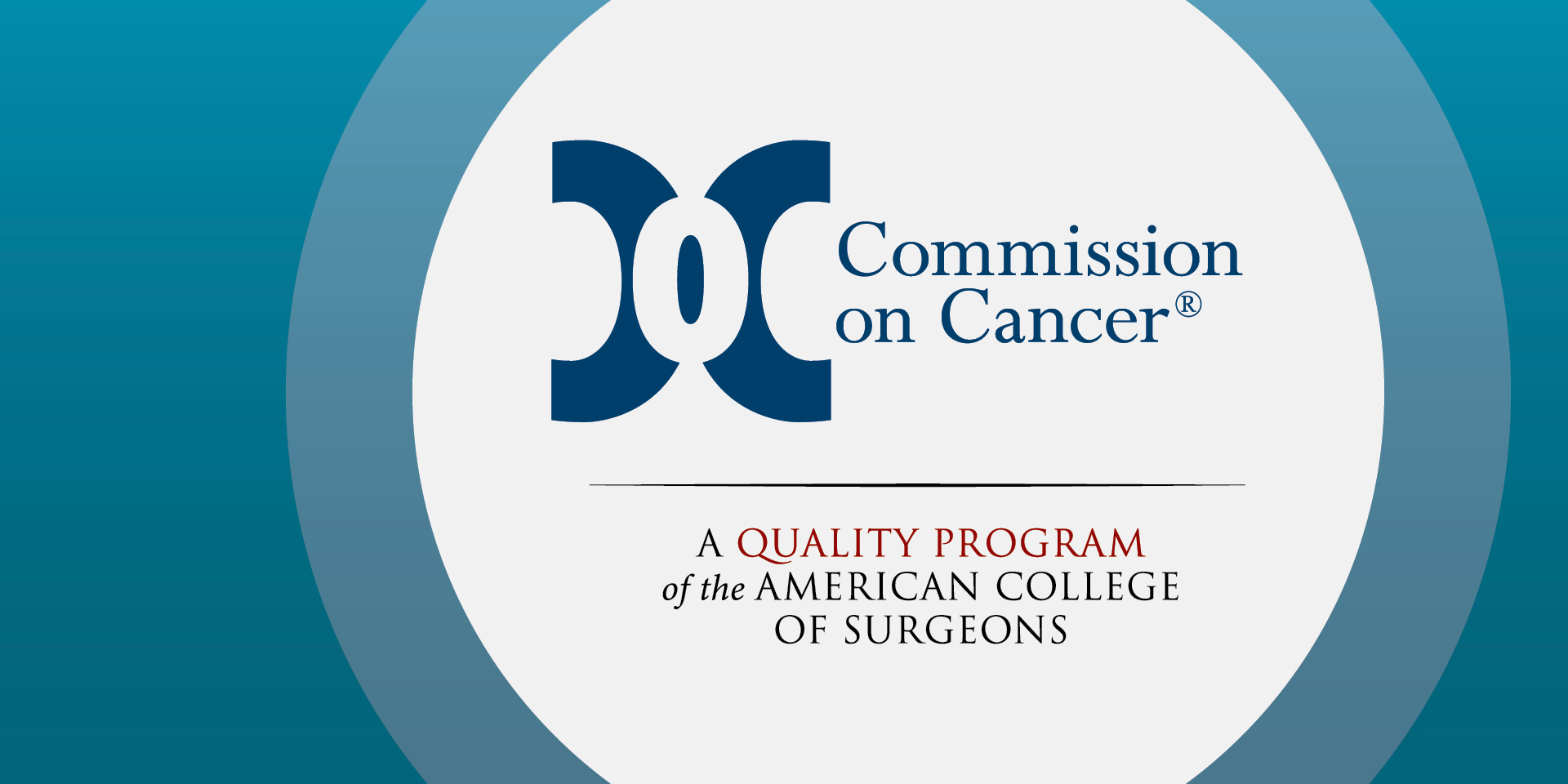The Commission on Cancer (CoC), a quality program of the American College of Surgeons (ACS), granted Three-Year Accreditation to the cancer program at Doylestown Hospital. To earn voluntary CoC accreditation, a cancer program must meet 34 CoC quality care standards, be evaluated every three years through a survey process, and maintain levels of excellence in the delivery of comprehensive patient-centered care.
Doylestown Hospital's Cancer Institute takes a multidisciplinary approach to treating cancer as a complex group of diseases that requires consultation among surgeons, medical and radiation oncologists, diagnostic radiologists, pathologists, and other cancer specialists. This multidisciplinary partnership results in improved patient care.
"Our commitment to patients spans a continuum of care from prevention of disease to treatment and cure," said Doylestown Health Chief Operating Officer Eleanor Wilson. "Our board-certified physicians, oncology-certified practitioners, and other members of this multidisciplinary team work together to meet the needs of each individual patient. With state-of-the-art clinical resources, a strong network of support and the guidance of compassionate nurse navigators, patients benefit from comprehensive care close to home."
The CoC Accreditation Program provides the framework for Doylestown Hospital to improve its quality of patient care through various cancer-related programs that focus on the full spectrum of cancer care including prevention, early diagnosis, cancer staging, optimal treatment, rehabilitation, life-long follow-up for recurrent disease, and end-of-life care. When patients receive care at a CoC facility, they also have access to information on clinical trials and new treatments, genetic counseling, and patient centered services including psycho-social support, a patient navigation process, and a survivorship care plan that documents the care each patient receives and seeks to improve cancer survivors' quality of life.
Like all CoC-accredited facilities, Doylestown Hospital's Cancer Institute maintains a cancer registry and contributes data to the National Cancer Data Base (NCDB), a joint program of the CoC and American Cancer Society. This nationwide oncology outcomes database is the largest clinical disease registry in the world. Data on all types of cancer are tracked and analyzed through the NCDB and used to explore trends in cancer care. CoC-accredited cancer centers, in turn, have access to information derived from this type of data analysis, which is used to create national, regional, and state benchmark reports. These reports help CoC facilities with their quality improvement efforts.
There are currently more than 1,500 CoC-accredited cancer programs in the U.S. and Puerto Rico. CoC-accredited facilities diagnose and/or treat more than 70 percent of all newly diagnosed patients with cancer. When cancer patients choose to seek care locally at a CoC-accredited cancer center, they are gaining access to comprehensive, state-of-the-art cancer care close to home. The CoC provides the public with information on the resources, services, and cancer treatment experience for each CoC-accredited cancer program through the CoC Hospital Locator at https://www.facs.org/search/cancer-programs.
Established in 1922 by the American College of Surgeons, the CoC is a consortium of professional organizations dedicated to improving patient outcomes and quality of life for cancer patients through standard-setting, prevention, research, education, and the monitoring of comprehensive, quality care. Its membership includes Fellows of the American College of Surgeons. For more information, visit: www.facs.org/cancer.
About Penn Medicine Doylestown Health Cancer Institute
The PMDH Cancer Institute offers patients the quality care they expect from a leader in cancer diagnosis and treatment - close to home. Accredited by the American College of Surgeons Commission on Cancer our board-certified physicians and oncology-certified practitioners provide comprehensive, coordinated care and services for the full range of cancer diagnoses including breast, lung, urologic, gastrointestinal and other cancers.
